Shaping conservation since 1930
Since its founding in 1930, CIC has played an outsized role in helping create new institutions, partnerships, and international agreements to advance biodiversity protection and responsible, sustainable use of nature.
The CIC is recognised by the United Nations and holds consultative status, which further amplifies our influence and ability to contribute to international conservation and sustainable use discussions.
As a bridge between hunters, conservationists, and policymakers, CIC brings unique local perspectives and practical expertise to global environmental forums. Our longstanding commitment to sustainable use principles has shaped international policy and practice, influencing key agreements such as the Convention on Biological Diversity and CITES.
CIC’s global network of members, spanning 80 nations and including 27 government bodies, allows us to mobilize grassroots support for conservation initiatives while simultaneously engaging at the highest levels of international governance. This dual approach ensures that our advocacy is grounded in real-world experience and local knowledge, yet capable of effecting change on a global scale.
Moreover, CIC’s partnerships with leading conservation organizations, academic institutions, and government agencies create a powerful multiplier effect. By leveraging these collaborations, we’re able to amplify our impact, driving innovative solutions to complex conservation challenges and fostering a more holistic approach to wildlife management.
In an era of unprecedented environmental challenges, CIC’s role as a convener, thought leader, and advocate for sustainable use is more crucial than ever. Our ability to bring diverse stakeholders together, coupled with our deep understanding of the intricate balance between conservation and human needs, positions us as an indispensable player in shaping the future of global biodiversity protection.
in Focus

UNEP – United Nations Environment Programme
Mission: Inspire, inform, and enable nations and peoples to improve their quality of life without compromising that of future generations.

CBD – Convention on Biological Diversity
Conservation of biological diversity, sustainable use of its components, and fair and equitable sharing of benefits from genetic resources.

OIE – The World Organisation for Animal Health
Mission: Improve animal health worldwide.
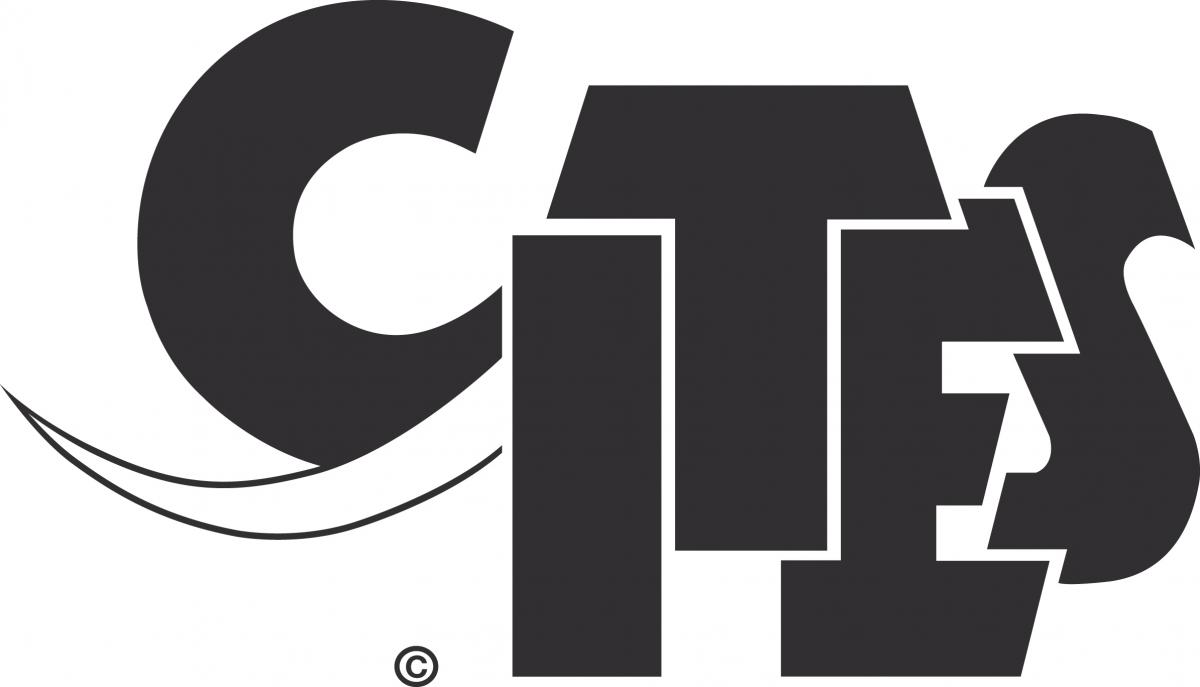
CITES – Convention on International Trade in Endangered Species of Wild Fauna and Flora
Aim: Ensure international trade in wild animals and plants does not threaten their survival.
Allies in action
Why Partnerships are Important
For State and Individual Members, these partnerships offer significant benefits:- Enhanced Conservation Efforts: Collaborating with international organizations amplifies our conservation initiatives, providing broader reach and impact.
- Access to Expertise and Resources: Members benefit from the shared knowledge, research, and resources of our partners, enhancing the effectiveness of local and regional conservation projects.
- Influence and Advocacy: Working with globally recognized entities strengthens our voice in policy discussions and advocacy, ensuring sustainable use and conservation priorities are included in international agendas.
Value of Partnerships
For the CIC and its members, partnerships bring invaluable support and opportunities, including:- Collaborative Projects: Joint efforts with partners lead to innovative and effective conservation strategies and projects.
- Educational Opportunities: Partnerships offer access to training, workshops, and educational resources, fostering professional development and capacity building.
- Networking: Members gain entry into a global network of conservation professionals, facilitating the exchange of ideas and best practices.
Identifying Potential Partners
To continue enhancing our impact, we seek partnerships with organizations that share our commitment to sustainable use and conservation. Potential partners include:- Environmental NGOs
- Academic and Research Institutions
- Government Agencies
- Private Sector Entities with a Conservation Focus
Our Working Partnerships
International and Intergovernmental Organizations

CITES – Convention on International Trade in Endangered Species of Wild Fauna and Flora
Aim: Ensure international trade in wild animals and plants does not threaten their survival.

CBD – Convention on Biological Diversity
Conservation of biological diversity, sustainable use of its components, and fair and equitable sharing of benefits from genetic resources.
Food and Agriculture Organization of the United Nations
Mandate: Raise levels of nutrition, improve agricultural productivity, enhance rural livelihoods, and contribute to global economic growth.
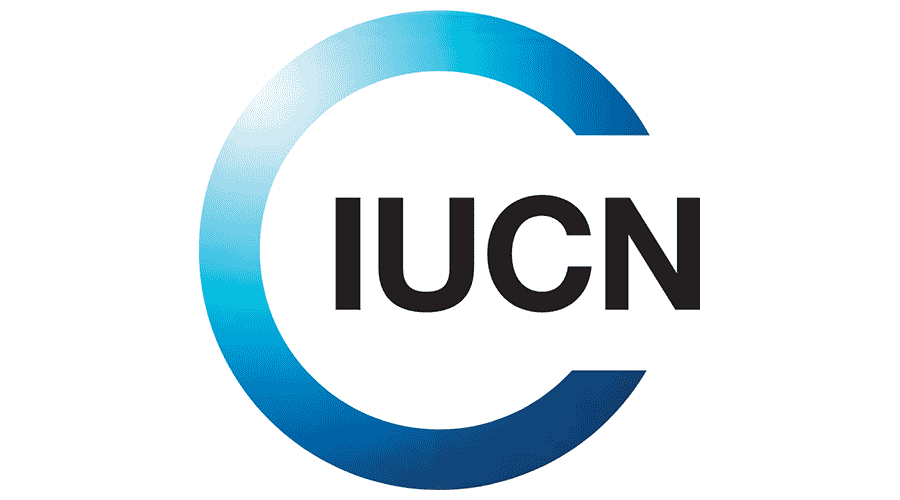
IUCN – International Union for Conservation of Nature
Mission: Conserving biodiversity and demonstrating how it is fundamental to address climate change, sustainable development, and food security.
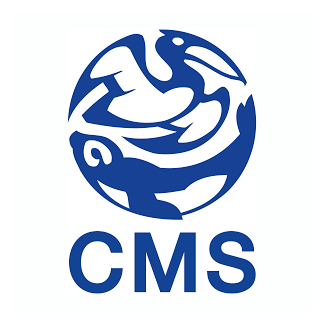
CMS – Convention on the Conservation of Migratory Species of Wild Animals
Aim: Conserve migratory species throughout their range.

UNEP – United Nations Environment Programme
Mission: Inspire, inform, and enable nations and peoples to improve their quality of life without compromising that of future generations.

UNESCO – United Nations Educational, Scientific and Cultural Organization
Mission: Build a culture of peace, eradicate poverty, and promote sustainable development and intercultural dialogue.
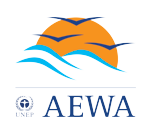
Agreement On The Conservation Of African-Eurasian Migratory Waterbirds
Focus: Conservation of migratory waterbirds and their habitats across Africa, Europe, the Middle East, Central Asia, Greenland, and the Canadian Archipelago.
Wildlife Health and Hunting Organizations

OIE – The World Organisation for Animal Health
Mission: Improve animal health worldwide.
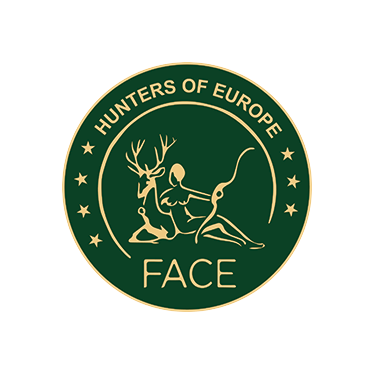
FACE – European Federation for Hunting and Conservation
Mission: Promote hunting in accordance with sustainable use principles and biodiversity conservation.
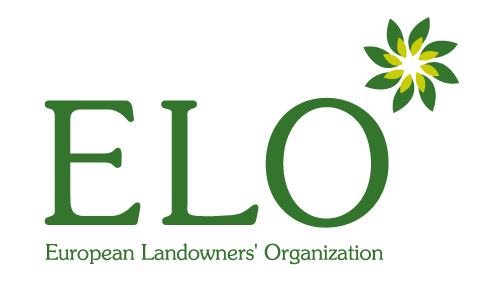
ELO – European Landowners’ Organization
Mission: Promote a sustainable and prosperous countryside and increase awareness of environmental and agricultural issues.

IAF – International Association for Falconry and Conservation of Birds of Prey
Mission: Preserve falconry and conserve raptors and their prey through habitat preservation and sustainable wildlife use.
Academic and Research Institutions
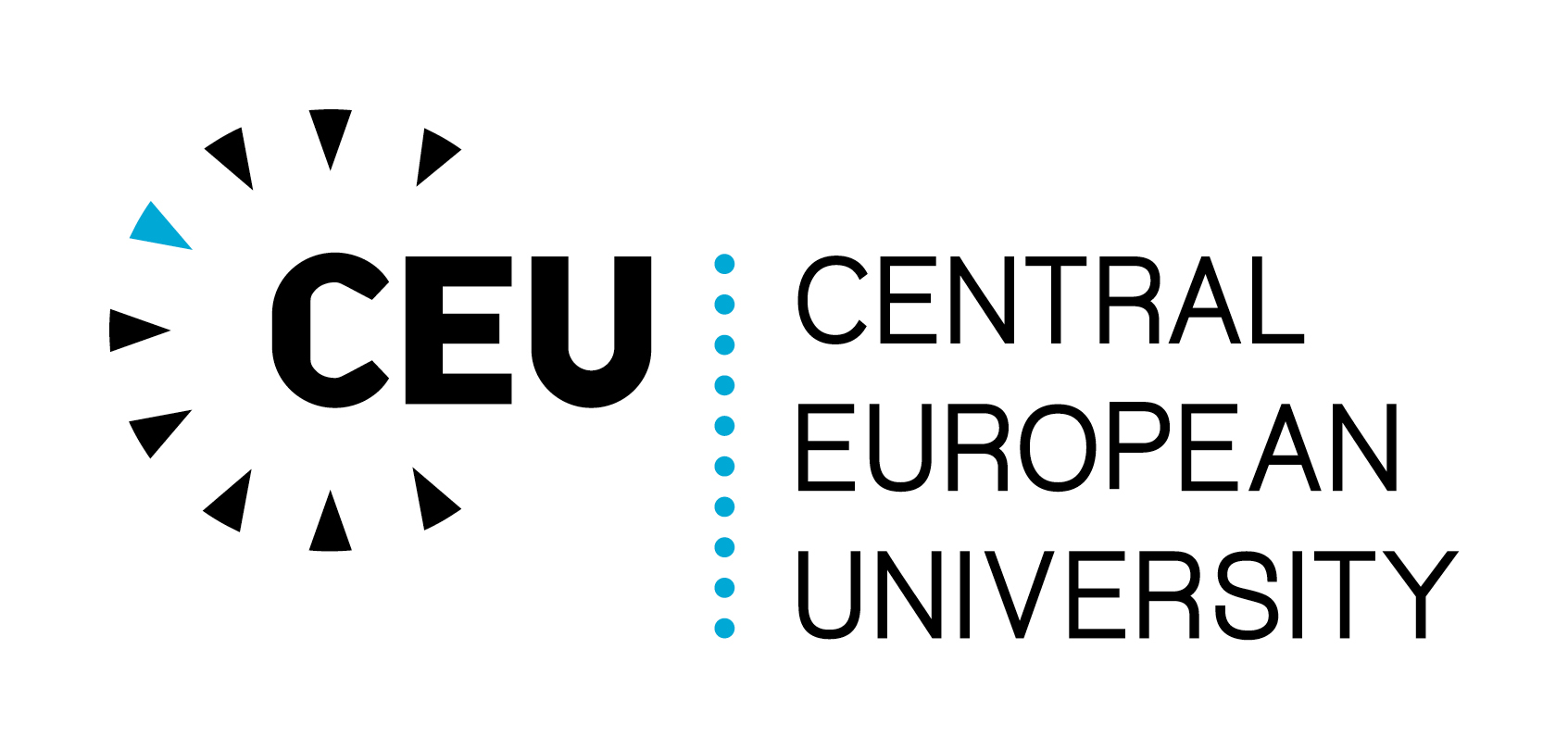
CEU – Central European University
Mission: Advance research and teaching dedicated to socially and morally responsible intellectual inquiry.
New Partnership Opportunities
To amplify our global conservation efforts, we’re always looking to forge new alliances with visionary organizations that champion sustainable use and biodiversity protection. Potential partners include:
- Environmental NGOs
- Academic and Research Institutions
- Government Agencies
- Private Sector Entities with a Conservation Focus
